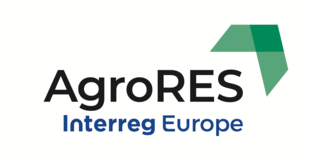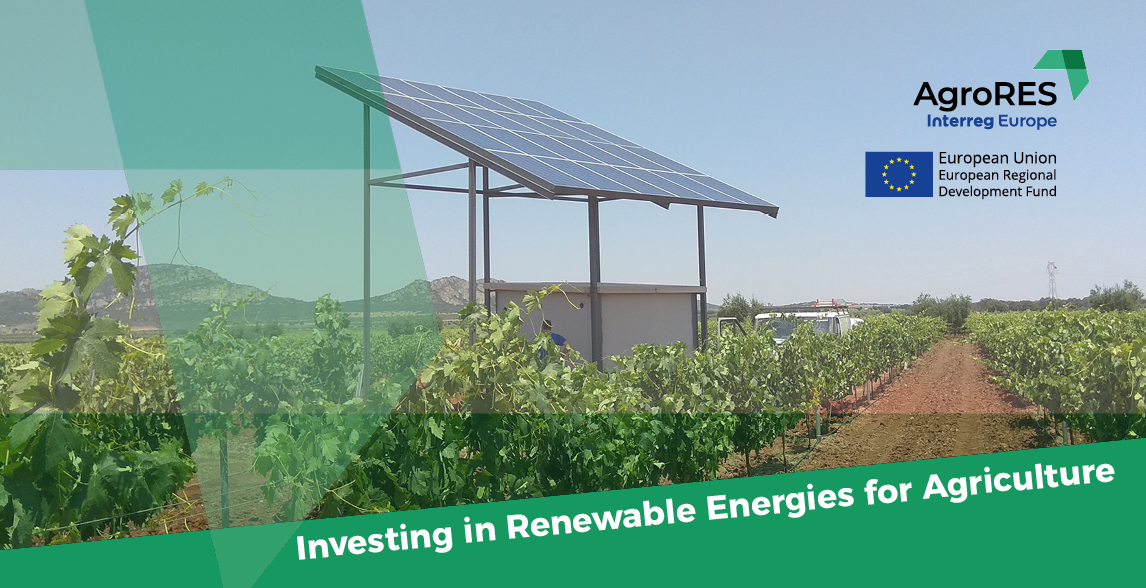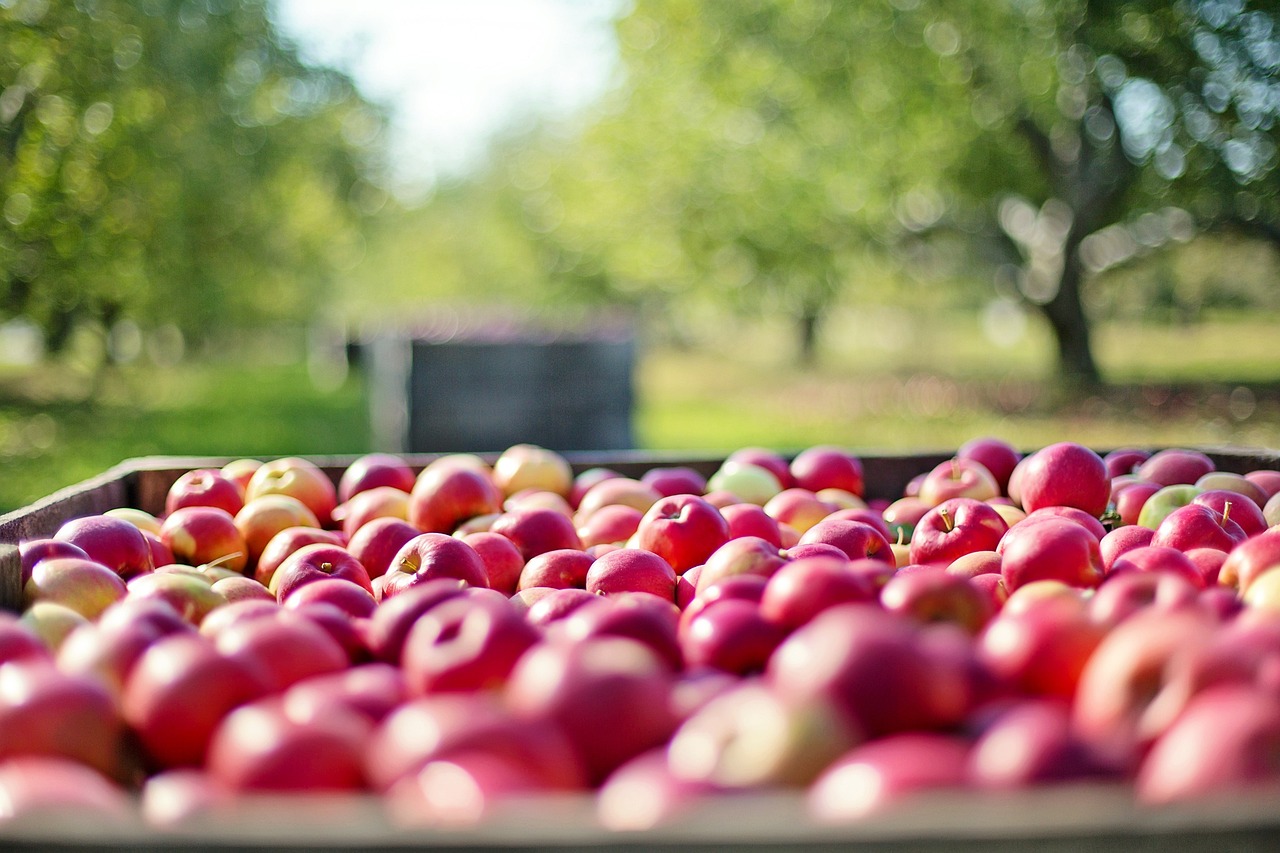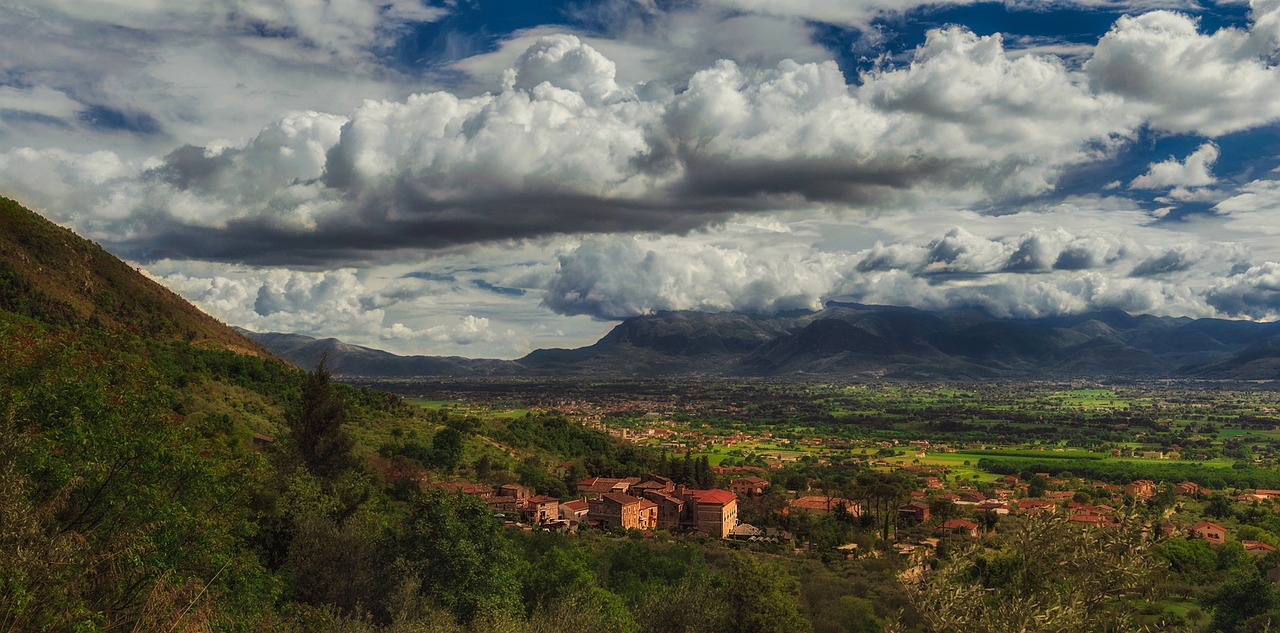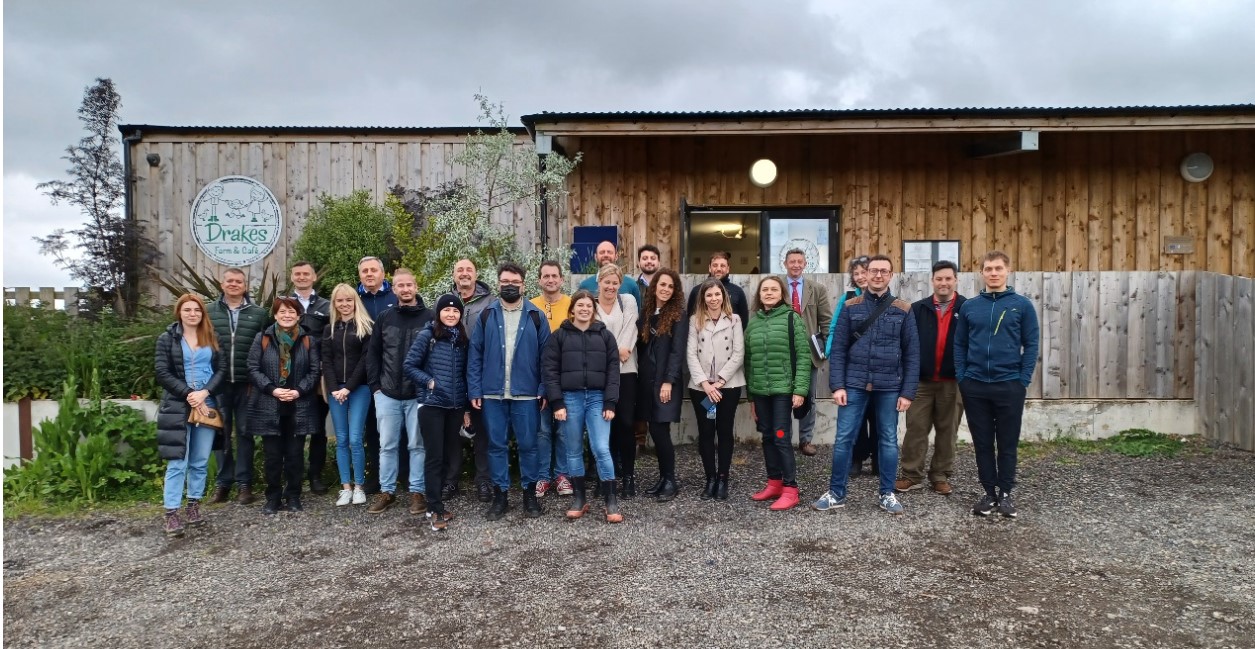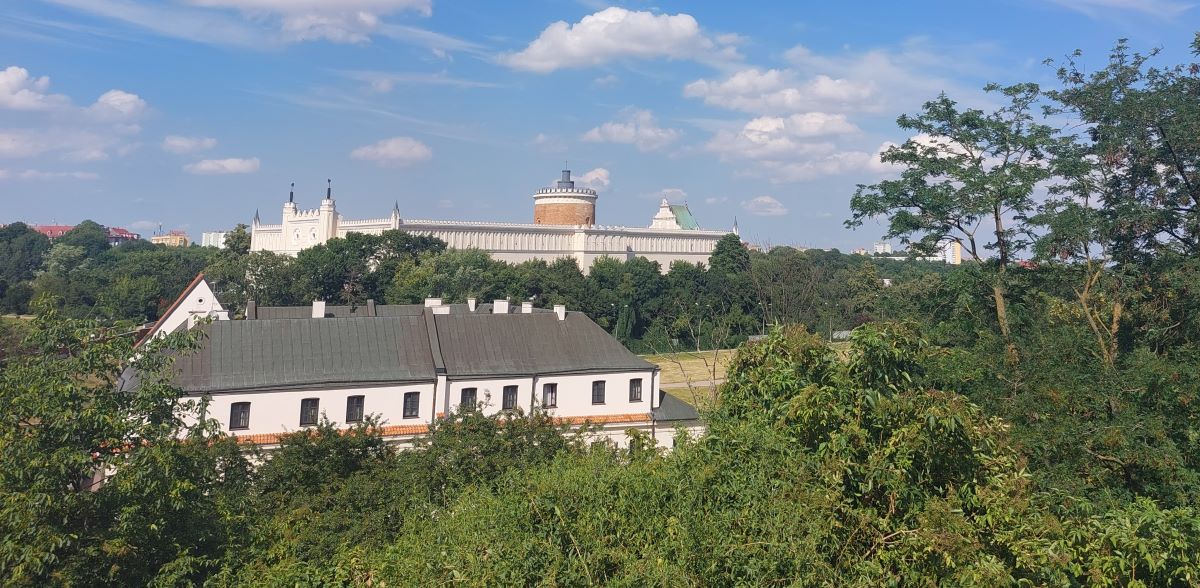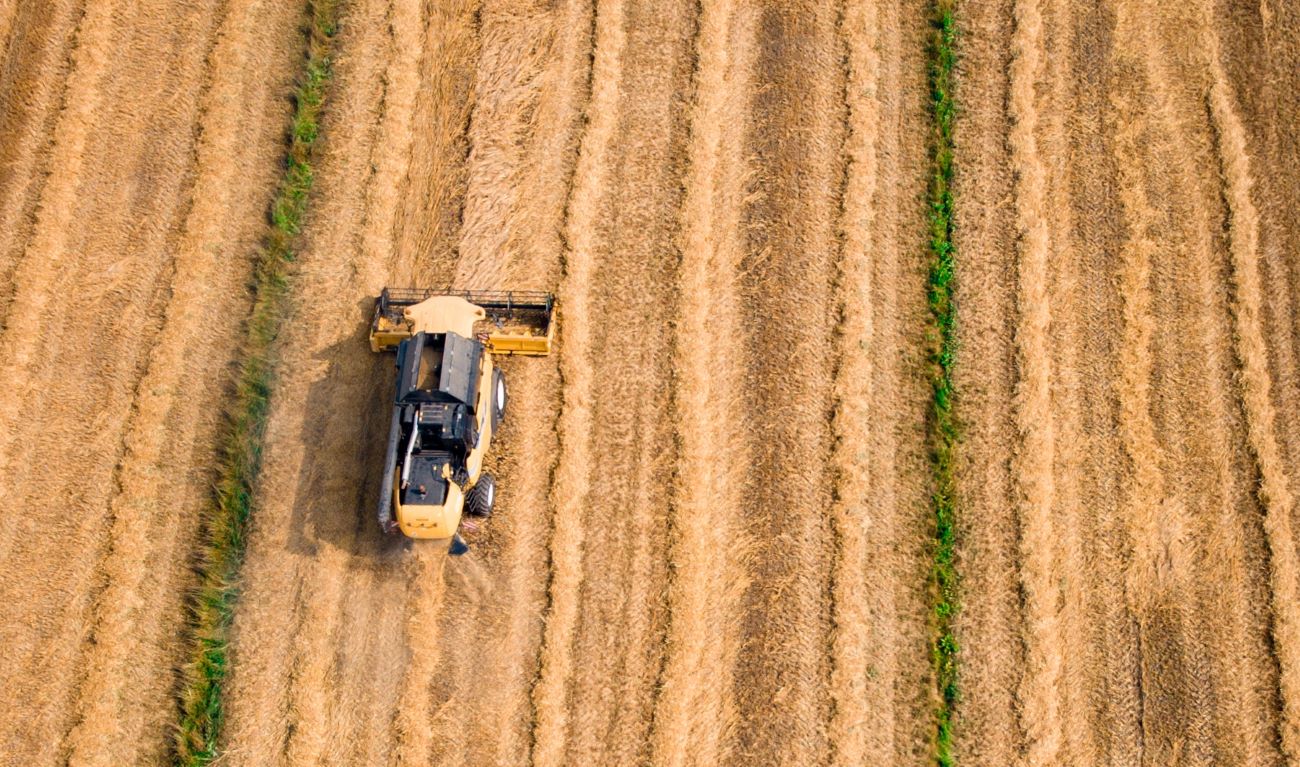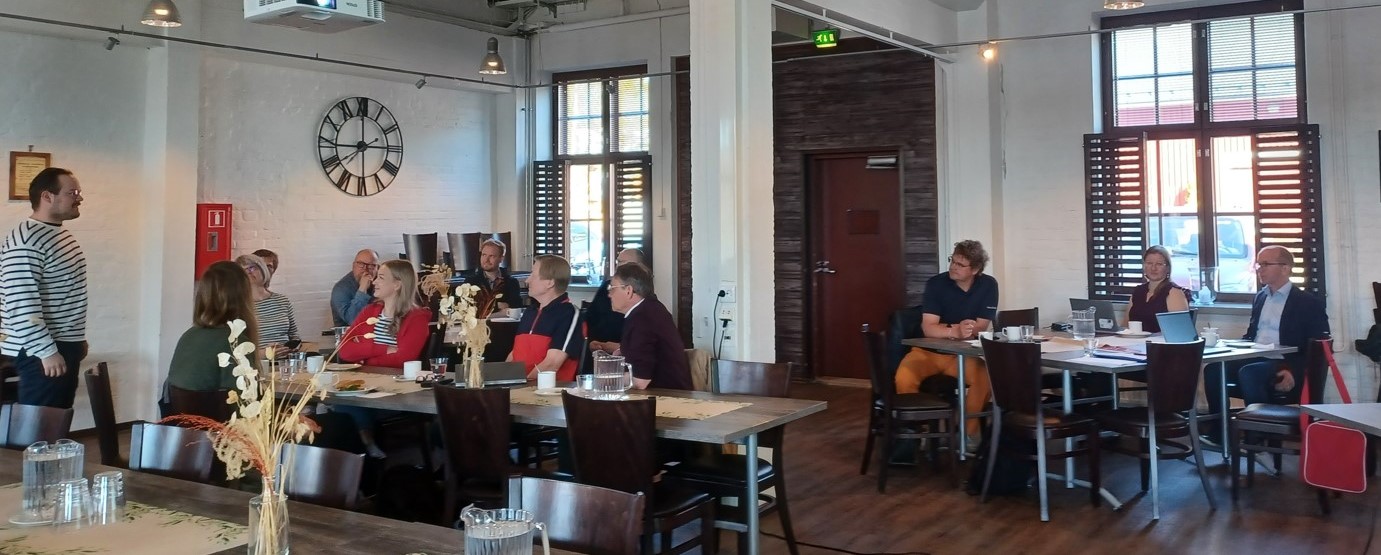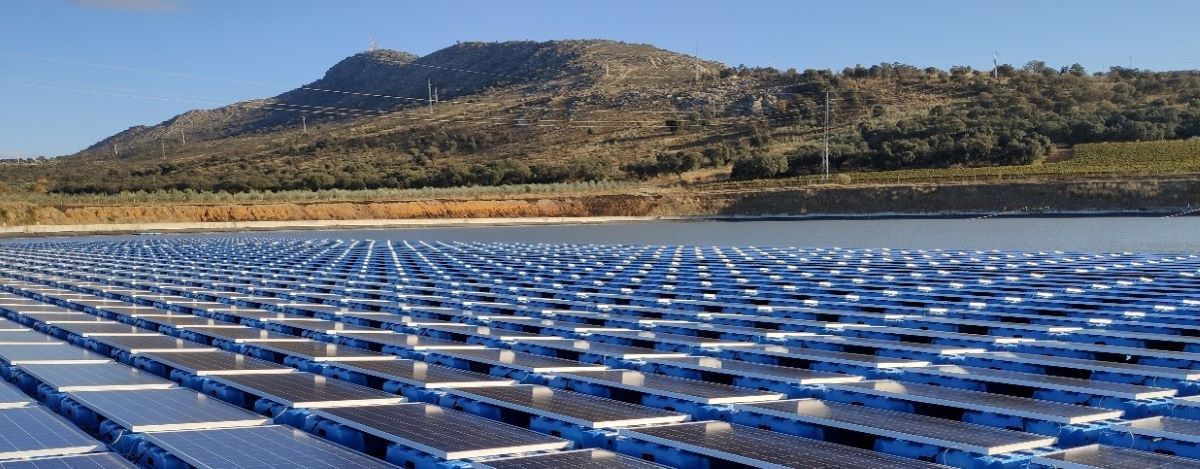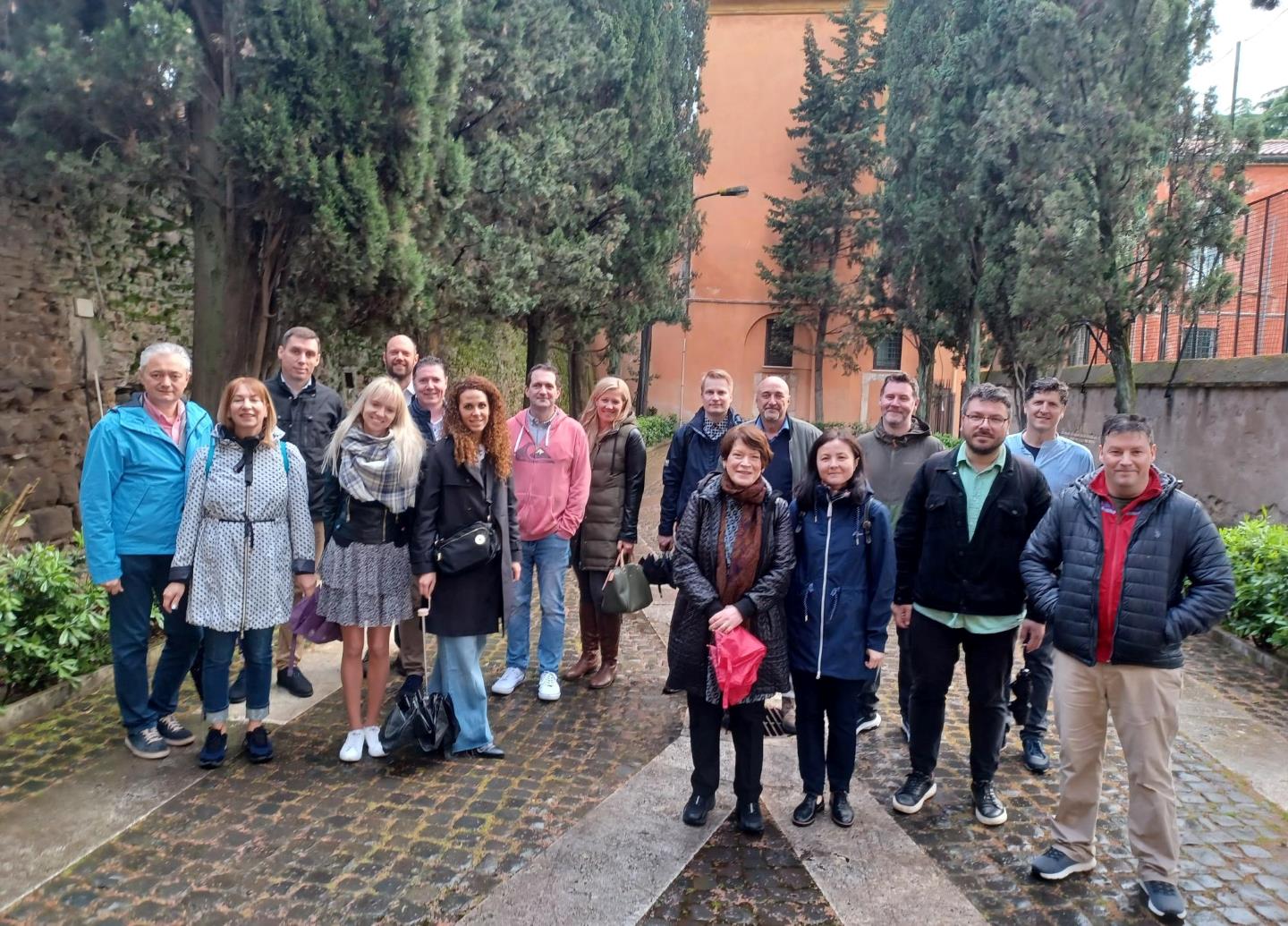 IT Sligo is an education and research institution providing research, development and innovation support to regional enterprises, communities and individuals.
IT Sligo is an education and research institution providing research, development and innovation support to regional enterprises, communities and individuals.
Responsibilities and tasks in AgroRES
An objective of the Irish partners (IT Sligo and Northern & Western Regional Assembly) is to establish a Regional Stakeholder Group (RSG) of relevant organisations that play a role in the design and implementation of the policy addressed by the project in the region, i.e. Border, Midland and Western Regional Operational Programme 2014-2020. The RSG includes at least 15 key actors related to the topic of Renewable Energy generation impact enhancement. They will participate in the learning strategy of AgroRES, taking an active role through the exchange of experience, dissemination and action plan development. This will involve:
- Communications with the other members of the RSG
- Attendance at online meetings, regional and inter-regional events
- Providing details of ‘Good Practice’
- Providing input and feedback on information provided to the RSG
State of play
Ireland’s emissions due to the agricultural industry are one of the highest per capita in Europe and this activity is set to increase due to national policy for increasing Irish farm produce exports. Ireland is unlikely to achieve the 2020 sectoral targets set by EU, thereby making the policy instruments required to meet our 2030 targets even more important.
There are a number of schemes being designed or currently active as follows:
• Support Scheme for Renewable Heat (SSRH)
- Price per kWh of useful heat produced via a biomass heating system
- Price per kWh of useful heat via an AD Biogas heating system
• Up to 30% grant off the cost of air/ground/water source heat pump
• Gas Networks Ireland (TSO & DSO) are currently investigating renewable biogas injection to the national grid
• Renewable Electricity Support Scheme – Energy price for grid connected generators
• Teagasc have grant/support schemes for farms growing energy crops
• Sustainable Energy Communities Programme – designed to help communities to access grant funding for energy efficiency or RE projects. IT Sligo are contracted by the Sustainable Energy Authority of Ireland as Mentors on this programme.
 Agriculture in Ireland can be characterized by tradition, which requires encouragement and confidence to diversify. The RE potential in the agri-sector requires a significantly higher profile, as the sector is valuable and often crucial to many of the low-carbon solutions being promoted e.g:
Agriculture in Ireland can be characterized by tradition, which requires encouragement and confidence to diversify. The RE potential in the agri-sector requires a significantly higher profile, as the sector is valuable and often crucial to many of the low-carbon solutions being promoted e.g:
• Sustainable biomass resource – Short Rotation Forestry, Energy Crops
• Sustainable Forest Management
• Renewable Electricity generation at scales above microgeneration
• Geothermal heating
The current policy instrument recognizes the impact of the agri-sector on GHG emissions. However the objectives focus on Energy Efficiency (EE) in the building sector and de-carbonisation in the transport sector. The policy instrument also promotes entrepreneurship and innovation in SMEs (including agriculture). However, some key innovation enabling supports remain inaccessible to the agriculture sector in line with EU State Aid guidelines. This is reflected in the low levels of support which the agri-sector accesses in these areas. Ireland’s Rural Development Programme (RDP), is co-funded by the EAFRD and the national exchequer. However it’s application in Ireland does not support any EE or RES specific measures for the agri-sector, but rather focuses on reducing the environmental impact for the sector.
Energy costs in the agri-sector are a significant portion of the total, and are likely to increase as carbon taxes are raised in coming years. The policy instrument will require restructuring in order to facilitate the agri-sector. These opportunities include:
• Promotion of agri-sited Renewable Energy (RE) technologies (Solar, Wind, Biomass, Biogas, Geothermal) to:
- Reduce on-site energy costs
- Offset GHG emissions
- Increase revenue streams
- Increase innovation, acceptance and diversification of agri-economics and technologies
- Promote an agri-market for RE deployment as a driver for green jobs and eco-innovation in the SME sector.
Expected results in the region
Promotion of cross-cutting objectives
IT Sligo will explore and quantify potential impacts for AgroRES to support cross-cutting objectives. The suitability of existing and emerging incentives (RESS, SSRH) will also be investigated.
Implementation of new projects
AgroRES will encourage agri-sector businesses to diversify by inspiration from other regions in best practice of RE integration in agriculture and supports. This will bring the agri-sector more in line with SMEs in terms of innovation activity.
This will include an identification of regional/national specific drivers and barriers and recommendations to improve on these. This will also provide recommendations on improvements to policy objectives and re-prioritise supports as appropriate.
